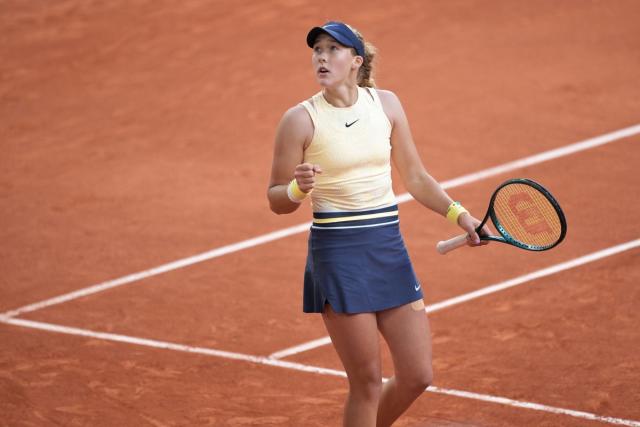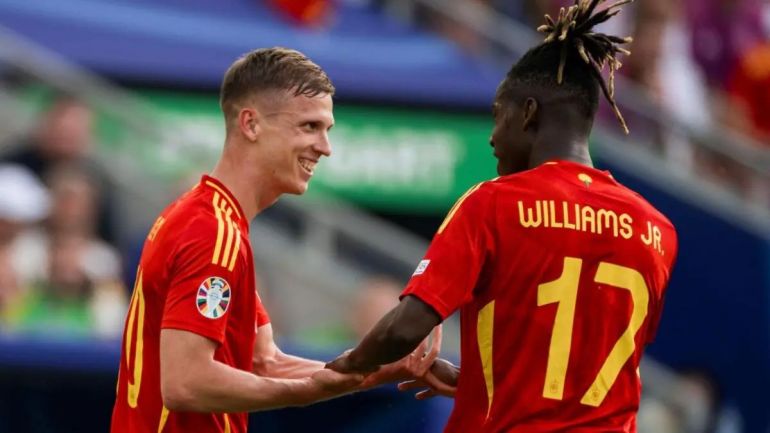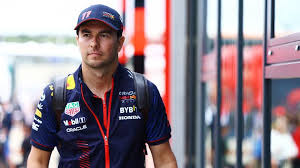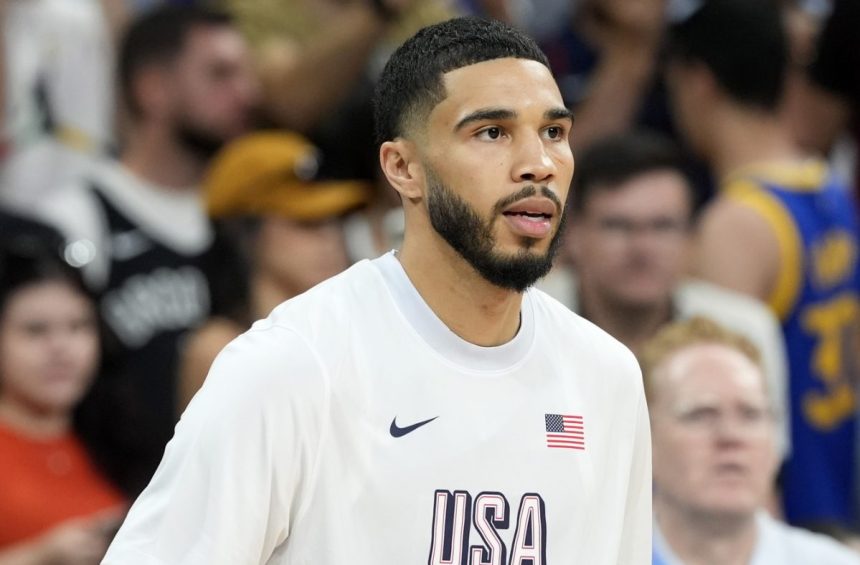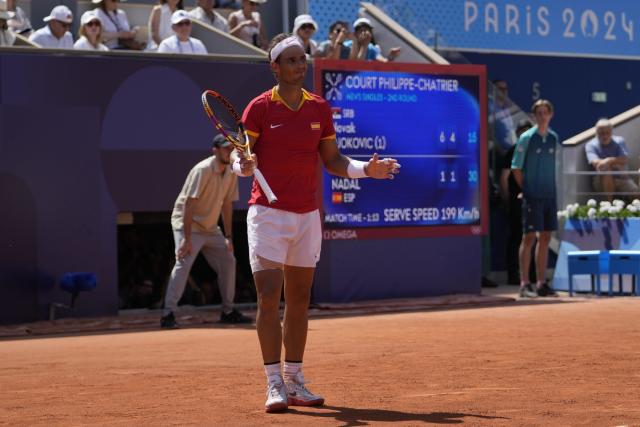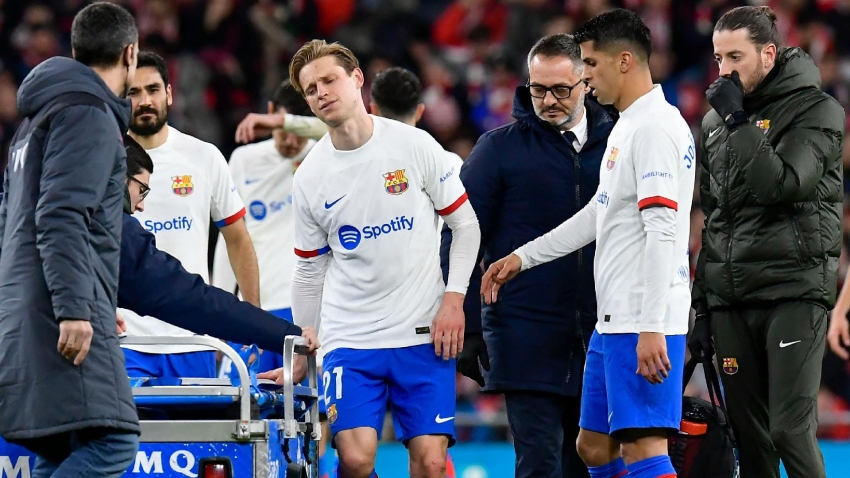With the insouciance of a 17-year-old having the time of her life here, Mirra Andreeva says she and her coach work out a game plan before a tennis match — and then she forgets all about it, preferring to just wing it.
Seems to be working out fine so far: The unseeded Russian is the youngest Grand Slam semifinalist in more than a quarter century.
Playing in only her sixth major tournament, Andreeva got past an ill No. 2 seed Aryna Sabalenka 6-7 (5), 6-4, 6-4 at the French Open on Wednesday. On Thursday, Andreeva goes up versus another surprising player: No. 12 Jasmine Paolini, a 28-year-old Italian player who reached her first major semifinal by defeating No. 4 Elena Rybakina 6-2, 4-6, 6-4.
Looking for the best online betting site and Live betting? Visit Heritage Sports
“I always play the way I want to play. We have a plan with my coach for the match, but after I forget everything, and when I play a match, I don’t have any thoughts in my head,” said the 38th-ranked Andreeva, who is based in Cannes, France, and coached by 1994 Wimbledon champion Conchita Martinez. “So maybe I would say that my strength could be that I just play how I want to play and I do whatever I want to do.”
Words many parents of a teenagers have heard before.
The other matchup Thursday will be No. 1 Iga Swiatek versus No. 3 Coco Gauff.
Swiatek is seeking her fifth Grand Slam title and fourth in Paris; Gauff won the US Open in September and was the runner-up to Swiatek at Roland Garros in 2022. Both won singles quarterfinals on Tuesday.
Gauff, with Katerina Siniakova, and Paolini, with Sara Errani, also are in the semifinals in doubles; Andreeva withdrew from that event before her quarterfinal scheduled for Wednesday.
Andreeva’s success at her age is not unprecedented, but it’s been a while.
She is the youngest Grand Slam semifinalist since Martina Hingis at age 16 in 1997. You have to go back farther to find a younger player who eliminated a woman ranked No. 1 or 2 at Roland Garros: 1990, when Monica Seles — like Hingis, now a member of the International Tennis Hall of Fame — was 16 when she defeated Steffi Graf in the final.
“I would say that I am almost like a normal teenager, because I still have to do my school that I don’t like to do. I watch a lot of TV series in my spare time. I watch Netflix. I sometimes spend too much time on my Instagram,” Andreeva said. “But maybe what makes me a little different is that, I don’t know if I can say that I’m mature, but I feel myself a mature person, and I feel that I know what I’m doing.”
So even if she and Martinez go over strategy ahead of time, those tactics are not necessarily implemented.
According to Andreeva, she figures things out from shot to shot.
“I decide: ‘Well, what should I do? Should I go down the line or should I do cross? Should I do a drop shot. Should I do a lob?'” said Andreeva, whose sister, 19-year-old Erika, lost to Sabalenka in the first round last week. “That’s sometimes not really good, because I have a lot of decisions in my mind.”
She has yet to collect a tour-level title and is competing in only her fifth Slam tournament.
Sabalenka, meanwhile, is a two-time champion at the Australian Open, including in January, and had won the first 23 Grand Slam sets she played in 2024 until dropping two in a row against Andreeva. Dealing with a stomach illness, Sabalenka was visited multiple times by a trainer and doctor and often clutched at her midsection.
“I had a difficult time out there physically today,” Sabalenka said. “I have been very sick the last few days with some kind of stomach bug, so it’s been a challenge.”
The 25-year-old from Belarus never considered retiring from the match.
“I always do my best to fight to the end,” she said. “I had to keep trying and just hope I could find a way and feel a bit better.”
There were plenty of momentum shifts, and the outcome felt in doubt until the very last game, when Andreeva broke with a beautiful lob that Sabalenka didn’t even move to get to.
“If we look back,” Andreeva said later, “I wouldn’t expect myself [in the] semifinals.”
Had Sabalenka and Rybakina won, this would have been only the second time in the professional era, which started in 1968, that the women seeded 1 to 4 all advanced to the semifinals in Paris. The other was in 1992.
But Paolini and Andreeva prevented that.
Get all the latest Live Betting and Sport News updates on your social media outlets. Find us on both Facebook and X

